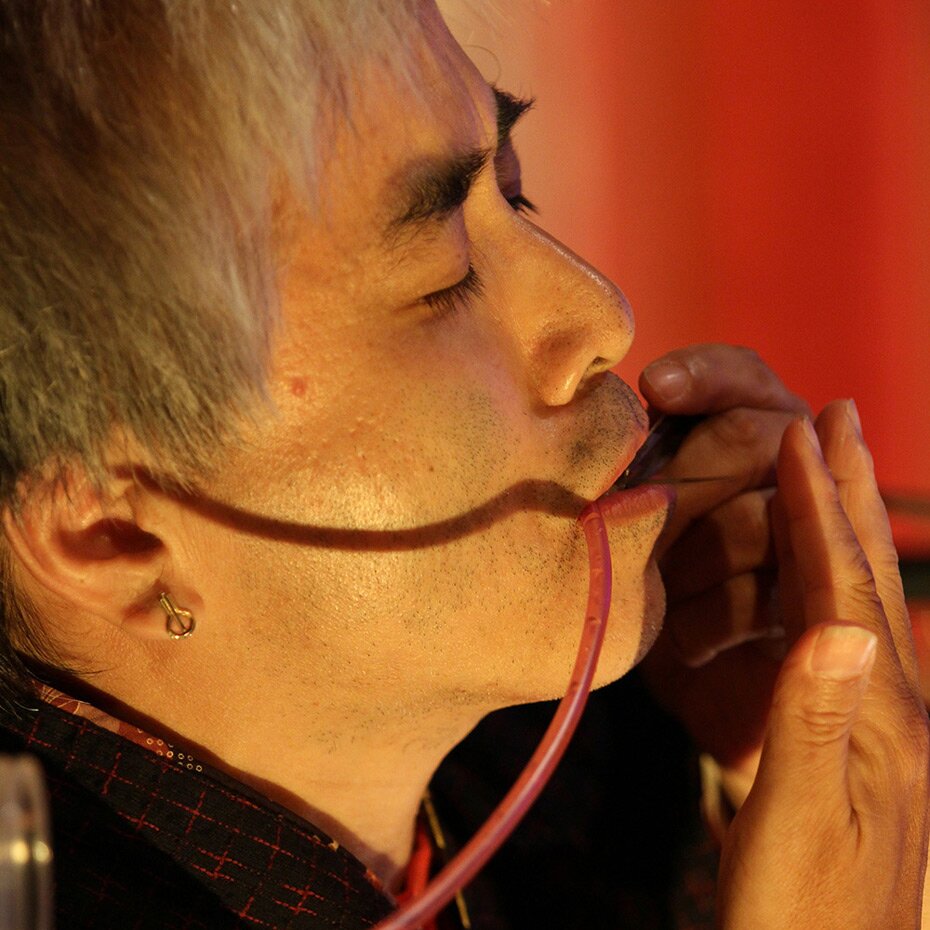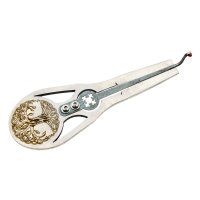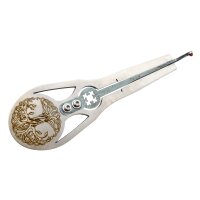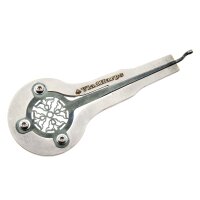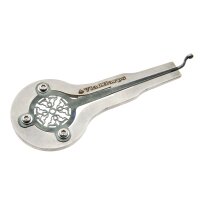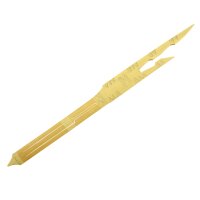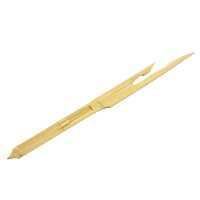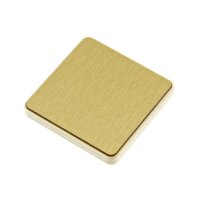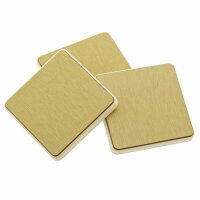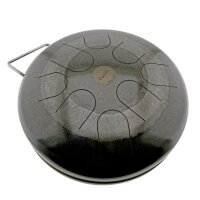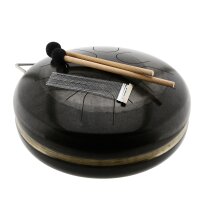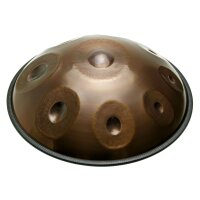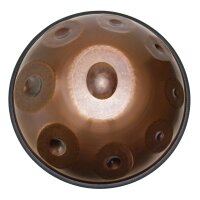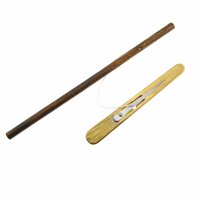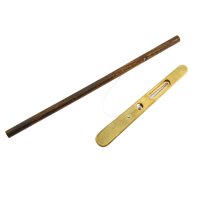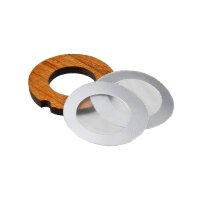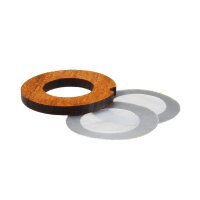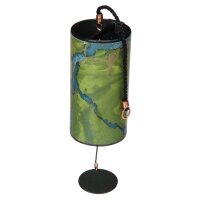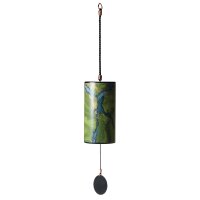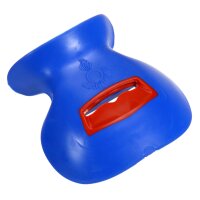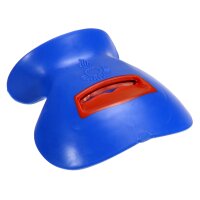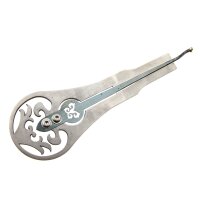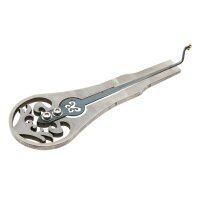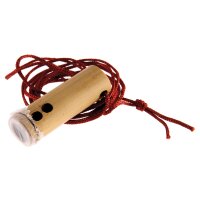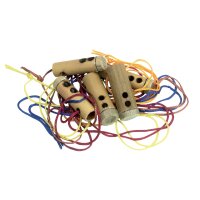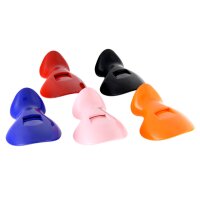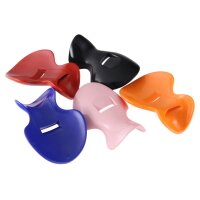Japanese native Leo Tadagawa is one of the best Jew's harp players worldwide and is an important ambassador, researcher and innovator for the instrument not just in Asia. Leo Tadagawa developed a new sledge-shaped Jew's harp: "Leo's Sledge", he regularly participates in CDs as a musician, collects old Jew's harps and publishes texts about the history of the instrument in Japan where the Jew's harp is called "koukin" (or in an older transcription "kohkin") or "biyabon". Helen Hahmann met him at the Ancient Trance Festival 2014 in Taucha and spoke to him about his very personal approach to the Jew's harp.
What awakened your interest in the Jew's harp?
"I have always been interested in musical instruments. I lived in Africa for a year in order to learn the Mbira. But I found that Africa was simply too far away for me. At some point during this time I became aware of the Jew's harp. The instrument is not exclusive to Europe, it can be found in many parts of the world, including Asia. Then in Japan I went searching and acquired every Jew's harp that I could find. I have now been playing for 25 years."
Was there a special moment that triggered your desire to learn how to play the Jew's harp yourself?
"At university I played the piano in a Jazz band. With the band we also traveled to the north of Japan and met Ainu people who play the Mukkuri, a bamboo Jew's harp. At the time I thought that it was one of those interesting musical instruments played only there. Some years later I traveled to Bali and discovered a very similar type of Jew's harp there. On the one hand, the Genggong from Bali are very similar to the instruments in Japan. But on the other hand, the material used is different and the style of play and music are completely distinct. How is this possible?, I asked myself and I couldn't find much about it in books. It only said that the Jew's harp is a toy. But that is not true, Jew's harps have existed for centuries in niches of practically every culture."
What influences have shaped the way you play the Jew's harp?
"On the mainland Japan we have lost our own distinctive way of playing the Jew's harp. Only the Ainu on Hokkaido have been able to preserve their traditions. Even if 200 years earlier playing the Jew's harp used to be very popular in Japan. I found it intriguing to consider how this old Japanese style of playing the Jew's harp might have sounded. Unfortunately there are no sound recordings from that period of time. Starting from that point I continued. I also listened to Jew's harp music from China, Taiwan and the Philippines. I therefore try to find out how it was played but I naturally only play it the way I want."

"At the beginning playing was very difficult for me. This is because I was very focussed on melodies, harmonies and single sounds, which one plays in a particular rhythm. The Jew's harp is known to be not particularly well equipped for this type of music. But then I got to know the Yakutian style. In Yakutia neither the melody, nor a strict rhythm or harmony are of primary importance. All that matters is the timbre, how can I adjust the instrument´s timbre? I noticed that was exactly what I wanted. And this way I discovered my personal style."
Is there a particular Jew's harp you like to play most?
"I like to play most a Jew's harp from Yakutian, produced by smith Gogolev. I also find the instruments from southwest China very exciting. They look like small fans. Jew's harps are mainly played by minorities in China, e.g. by the Naxi. In China the term Kou Xian is used for Jew's harp. I play it for example this way:"
Leo Tadagawa playing an improvisation on a Kou Xian.
